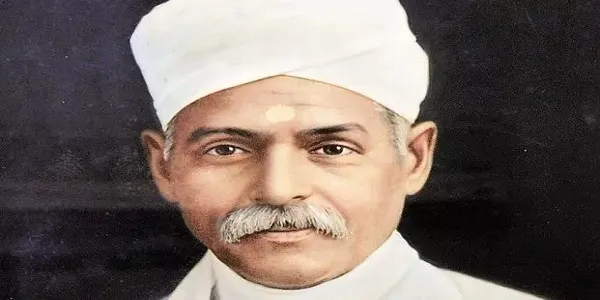Context:
The Prime Minister released the ‘Collected Works of Pandit Madan Mohan Malaviya’ on 25th December Program organized on the occasion of the 162nd birth anniversary at Vigyan Bhawan New Delhi.
More On News:
- This initiative is aimed at recognizing the contributions of freedom fighters in the service of the nation during Amrit Kaal.
- The bilingual (English and Hindi) collection spans about 4,000 pages and includes Malaviya’s unpublished letters, articles, speeches, and editorials from his Hindi weekly Abhyudaya (1907).
- The work also features speeches from his time in the Legislative Council and his contributions before and after founding Banaras Hindu University.
- The collection includes articles, pamphlets, and booklets written by Pandit Malaviya over time, along with all his speeches in the Legislative Council of the United Provinces of Agra and Awadh (1903-1910).
- It features statements given before the Royal Commission, speeches made during bill presentations in the Imperial Legislative Council (1910-1920), and his writings before and after founding Banaras Hindu University including his diary from 1923 to 1925.
- The research and compilation of these documents was carried out by the Mahamana Malaviya Mission, led by journalist Ram Bahadur Rai, with publication by the Ministry of Information and Broadcasting’s Publications Division.
- Pandit Malaviya is remembered as a prominent scholar, freedom fighter, and the founder of Banaras Hindu University, playing a key role in shaping modern India.
About Pandit Madan Mohan Malaviya
- He was the famed Indian educationist who is also called ‘Mahamana’.
- Acted as a bridge between the Moderates and Extremists in the Indian National Congress.
- Born in Allahabad, educated in the ‘pathshala’ system, and proficient in Sanskrit.
- Joined the Indian National Congress in 1886 at its Calcutta session.
- Became Congress President four times: in 1909 (Lahore), 1918 (Delhi), 1930 (Delhi), and 1932 (Calcutta).
- Founded the Hindu Mahasabha in 1906.
- Served as a member of the Imperial Legislative Council for 11 years (1909–1920).
- Advocated for free and compulsory primary education, opposed indentured labor, and supported nationalization of railways.
- Participated in Salt Satyagraha and Civil Disobedience Movement in 1930, and was arrested.
- Awarded Bharat Ratna in 2015, 68 years Posthumously.

